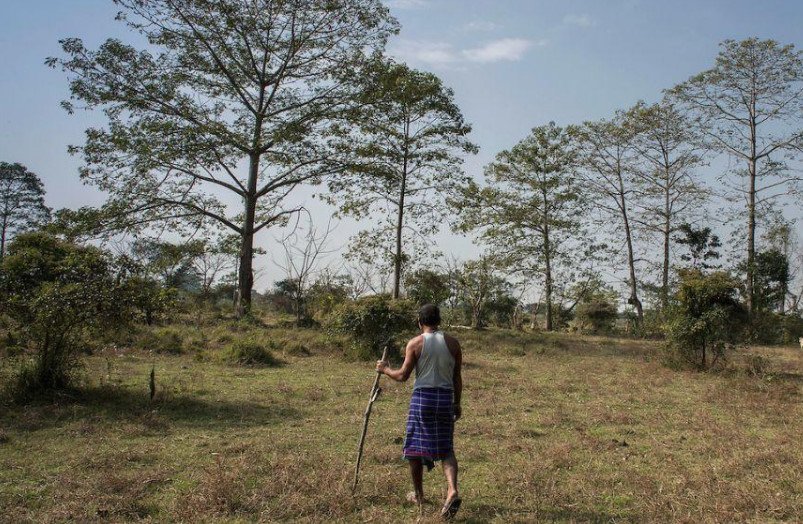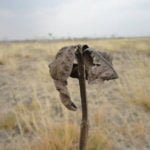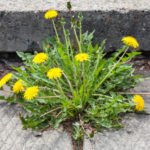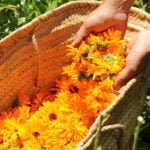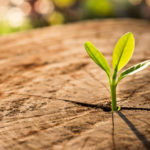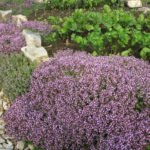How much can one person do? Most likely, someone will say that one in the field is not a warrior. This story is about how one person can do a lot. For example, to plant a forest, restoring the natural ecosystem on an area of about 550 hectares (1359 acre).
Jadav Payeng, also known as Mulai, lives near the village of Kokilai in the Gorham County of Assam state in India. We have already told you that 550 hectares (1359 acre) of forest were grown by a resident of India for 30 years, but the story of this man never ceases to amaze.
In 1979, Jadav faced the death of many snakes brought by the flood of the Brahmaputra River on a sandbank that was formed as a result of deforestation. The snakes, not killed by the flood, died of heat and starvation in the desert, where they were thrown by fate. The sixteen-year-old boy was shocked by what he saw. He asked the State Forestry Department to plant trees in the shallow water.
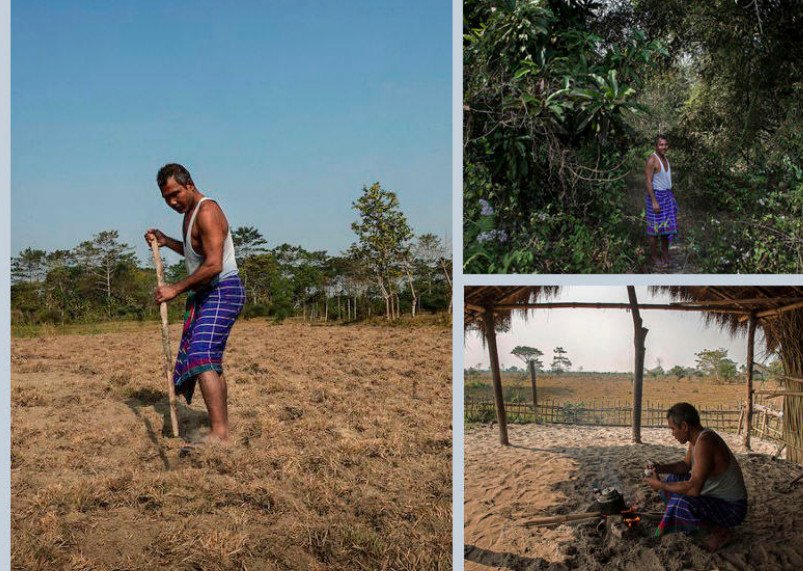
The forest officials dismissed the young man, saying that nothing would grow in this desolate place anyway.
But Jadav did not give up the idea of restoring the forest on the site of the desert, formed by the fault of man, and, not counting on the help of the state, decided to do it on his own. He dropped out of school and settled in a cabin on a deserted riverbank.
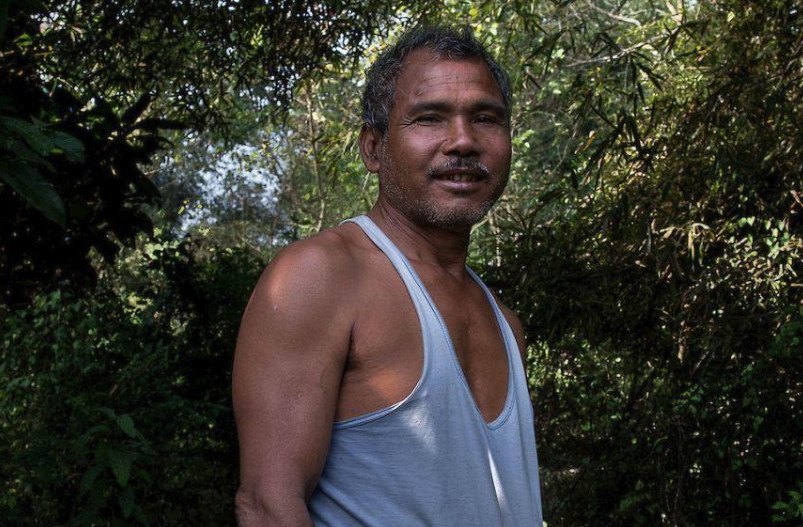
Jadav began by planting bamboo on the sandy shore-as the fastest growing plant. Two years of daily work on planting, morning and evening watering turned the desert spit into a thicket of bamboo.
After planting bamboo in shallow water, Molai began to plant real trees. In the new forest, not only green inhabitants began to appear – the forest chose a variety of insects, birds and animals for its life.
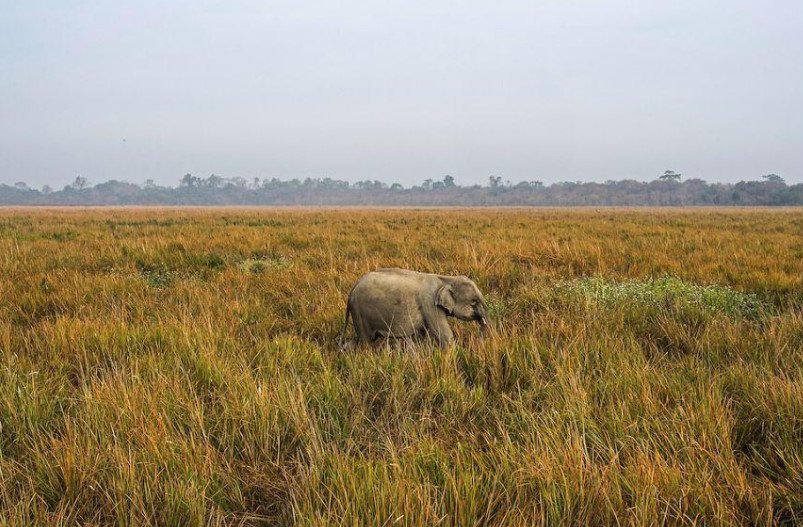
Leopards and Bengal tigers, rhinos, wild boars, deer and buffalo, not counting rabbits, monkeys, birds and other small fauna, now consider the Molai forest their home. A large herd of elephants (more than a hundred individuals) included the forest planted by Jadav in their annual route and now graze in it for up to six months.
For almost forty years, a forest has been growing on the site of the former sandy wasteland. But most importantly, where the trees began to grow, the natural ecosystem was restored.
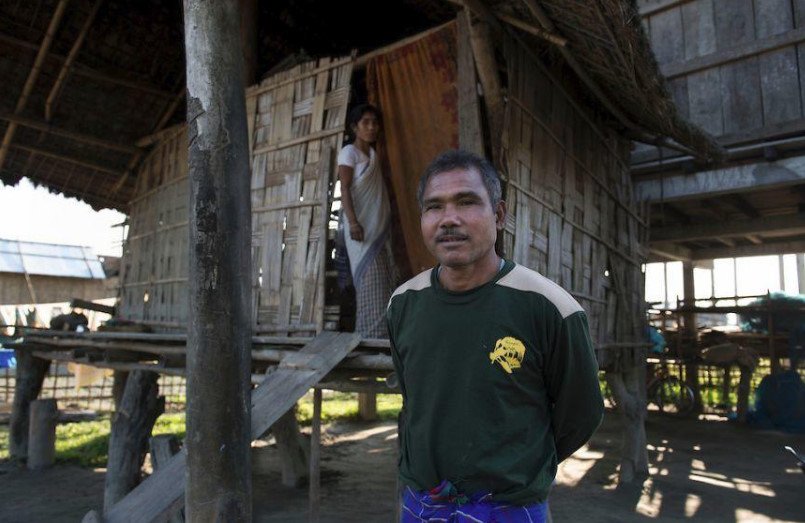
Mulay lives like this-with his wife and three children in a hut next to the forest, named by the locals in honor of this man – Mulay Forest. He also raises cows and buffaloes: the sale of milk is the only income of the family. And for thirty-eight years, every day, he planted trees and tended them.
Over the years, Mulay has planted more than 1,500 trees. Despite the bites, he brought red ants to his growing forest, which changed the quality of the soil, and fought with poachers who hunted rhinos. He even offered his life to the enraged residents of a nearby village when it was trampled by a herd of elephants walking in his forest, instead of cutting down forests and killing elephants.
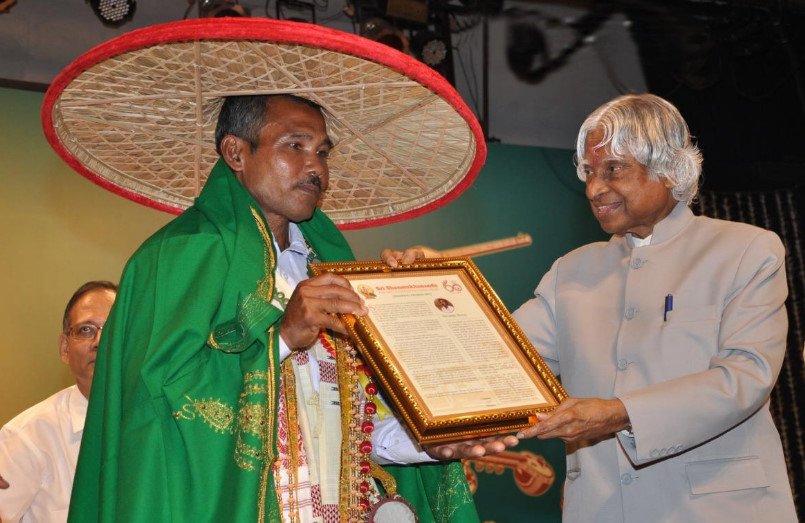
The Indian authorities and the international community drew attention to the activities of Mulay only in 2008, just because of the incident with elephants that ravaged the village. Jadav has been awarded several awards, including the Padma Shri Award,the fourth highest award in India, and has made many photographs and a couple of documentaries.
The contribution of this man to the restoration of the ecology of our planet is truly enormous. For almost forty years, he grew a forest and managed to single-handedly restore the natural biocenosis on an area of 5.5 square kilometers (1359 acre). By comparison, one report from the Forest Service of India says that between 2009 and 2011, the country lost a significant amount of forest-about 19 square kilometers-as a result of ill-conceived human activity.
Perhaps the Mulay Forest will soon become a nature reserve. “My efforts were not in vain. I can live very modestly, but I feel satisfied because I have managed to teach many people to love nature, ” says Mulay.
He plans to plant another forest for the rest of his life – on the other deserted bank of the Brahmaputra. “It may take another 30 years, but I’m optimistic,” Mulay says. – I feel sad when I see people cutting down trees. We must protect nature, otherwise we will all perish.”
